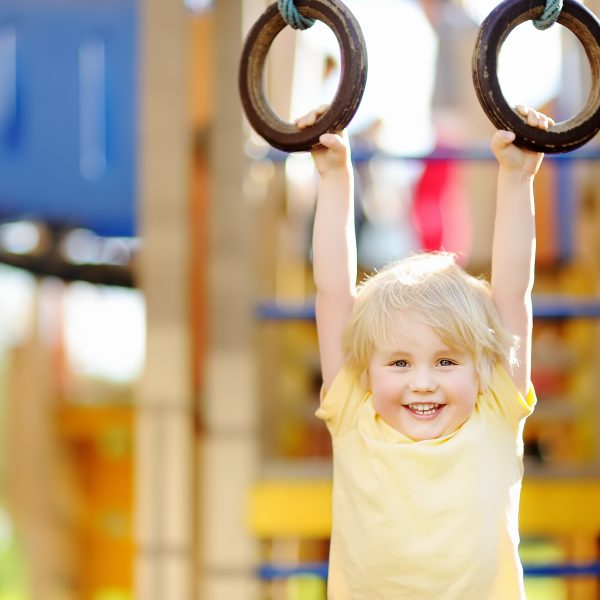Organised sports for children aged three to five years can be negative, study finds

New research from Flinders University has found that putting preschool-aged children (aged between three and five years) into organised sport can have a negative effect.
Competitive sports programs, the study found, can lead to injury, boredom or psychological burnout which also contributes to sporting dropout rates rising in mid-to-late childhood.
Throughout the study, researchers explored the motives, beliefs and attitudes of parents engaging their children in organised competitive sports at a young age, finding that broader social and cultural forces also play a part in the parents’ motivations and beliefs about the benefits and challenges of contemporary sports.
Lead author Emilea Mysko said that what this and like studies have found is that parents need to be well informed about the short and long-term benefits and risks of deciding to join a competitive sport, particularly at a young age.
“Parents and carers need to look past the social norms, sporting group and government sporting campaigns and consider whether to enrol their child into an organised sports program,” Ms Mysko said.
“At a higher level, the youth sport policy-makers need to review the current youth sport model of participation to ensure that those who start sport stay in sport – which doesn’t happen a lot of the time across the childhood development span.”
One previous study found children who participate before six years of age have an increased tendency to drop out of organised sport within a four-year period.
Co-author Associate Professor Sam Elliott, an expert in the field of sport parenting, participation and retention, said that there are many psycho-social outcomes to consider in youth sport.
“On the one hand, we can think early sport involvement, if carefully delivered, can offer benefits for children. On the other hand, starting children in competitive sport from as young as three years – often dubbed the ‘Tiger Woods effect’ – is associated with a number of potential risks now and into the future.”
The study, Understanding parents’ motives for, and beliefs about, enrolling three-to-five-year-old children into organised sporting programs (2022) by Emilea Mysko, Sam Elliott and Murray Drummond, has been published in the Qualitative Research in Sport, Exercise and Health journal and may be accessed here.
Popular

Quality
Practice
Provider
Research
ECEC in focus - Una Springwood’s intergenerational initiative brings young and old together through connection and care
2025-06-30 10:00:45
by Contributed Content

Provider
Practice
Quality
Research
Aboriginal Education Strategy drives early learning and school success in South Australia
2025-07-01 09:55:12
by Fiona Alston

Workforce
Policy
Quality
Research
Inclusive Practice Framework set to strengthen inclusion in early childhood settings
2025-06-24 11:37:00
by Isabella Southwell











